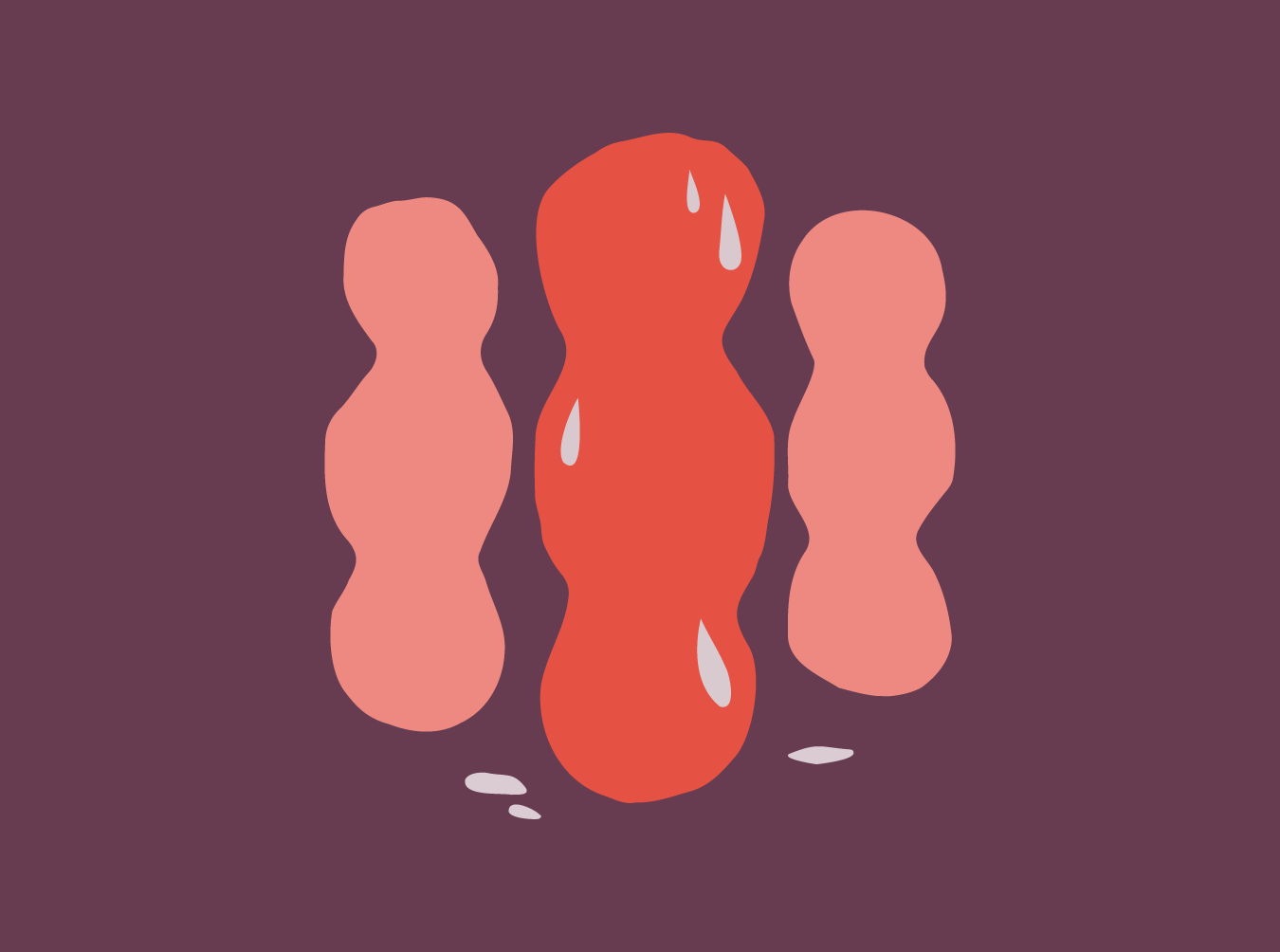Sign up to stay in the loop on new styles and sales!
Sign up to stay in the loop on new styles and sales!
#getbodywise
Why Am I Hot? A Closer Look at Hot Flashes and Menopause
health
·5 min read

by Team Thinx | 02/14/2024
Medically reviewed by Dr. Saru Bala
A sudden flare of heat hits you. On your face, neck and chest. You’re sweating and your skin has a red flush. Your heartbeat is elevated. Your chest tightens with anxiety.
What are Menopausal Hot Flashes?
This is a hot flash – also known as vasomotor symptoms – and it is the most common out of all menopause symptoms. While we’ve all heard of them, your first experience of a hot flash is likely to be confusing, distressing, or overwhelming. Many individuals who experience menopause feel the same way. This transition is a ubiquitous part of life and it’s crucial that we educate and support one another to feel empowered in this stage of life.
So, here’s the scoop on the what, where and why of hot flashes:
Hot flashes occur when there is a decrease in estrogen levels which leads to glands releasing other hormones that affect the brain’s thermostat and body temperature.
With different changes in hormone levels, the intensity and frequency of hot flashes vary from person to person. They can be mild (hot but not sweating), moderate (hot and sweating but not overwhelming), or they may be severe hot flashes (so hot and sweaty that they disrupt daily activities).
They can occur during day or night and can last just a few minutes or take up to an hour to pass. Nighttime hot flashes are referred to as night sweats, which is one of many common menopausal symptoms. For some, hot flashes may occur for only a certain period of menopause, as early as perimenopause, or they may occur over a period of a few years.
How Can You Relieve Hot Flashes?
Simple lifestyle changes can greatly minimize the severity of hot flashes. For night sweats, Sleeping in a low-lit room with cooler temperatures and refraining from going on a mobile device before bed can create the most desirable sleep environment. However, when experiencing more severe hot flashes, it is important to research treatment options like menopausal hormone therapy to alleviate chronic hot flashes which address reduced estrogen levels in the body.
Knowing and understanding what’s happening to your body – and understanding that it is absolutely normal – is the first step toward managing and treating menopausal symptoms. Education is empowerment – and you deserve to have all the tools and knowledge necessary to move through this transformative stage of life.
Staying Educated on Menopause Symptoms
To further educate yourself on hot flashes and menopause, check out our educational video hub on YouTube to learn more from experts like Dr. Bala, a Naturopathic Doctor and Thinx Partner specializing in women's hormonal health, and join our mission to empower all who pee and bleed with shame-free body literacy education.
The information contained in this article should not be used as a substitute for the medical care and advice of your health care professional.
sources
https://www.cedars-sinai.org/blog/why-hot-flashes-occur-and-how-to-treat-them.html
https://my.clevelandclinic.org/health/articles/15223-hot-flashes
https://www.hopkinsmedicine.org/health/conditions-and-diseases/introduction-to-menopause
https://www.mayoclinic.org/diseases-conditions/hot-flashes/symptoms-causes/syc-20352790
by Team Thinx


